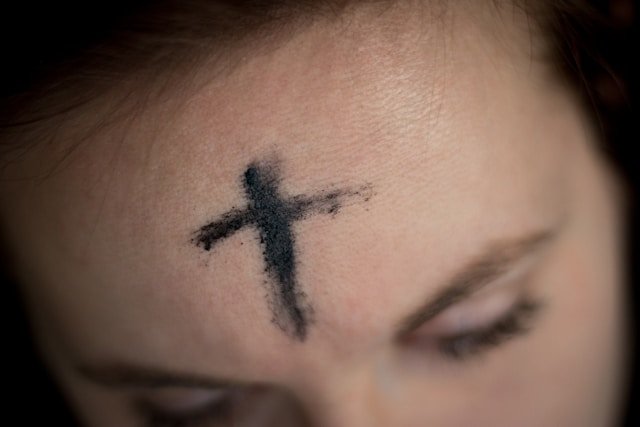Does anyone have an extra $886 you don’t know what to do with? Too late. Your Christmas shopping already decided for you where that’s going. This year Americans predicted they would spend an average of $886 on their Christmas shopping.[i]
Enter the third villain this Christmas season: the gifts of the Magi.
The Magi are an iconic part of the Christmas story. Unbelievably, a group of philosopher-astronomers from the East (probably Persia) had knowledge that only a handful in all of Israel had: a Savior-King has been born in Bethlehem. Following the prophecies, they made their trek to Bethlehem to meet this Savior-King. When they arrived, “they saw the child with Mary his mother, and they fell down and worshiped him.”[ii]
And they do not come empty-handed. They come bearing three gifts: gold, frankincense, and myrrh. Each of these gifts has meaningful symbolism befitting the child-King. Items of great value, each gift proclaimed that Jesus was the King who would restore Israel.[iii] Isaiah predicted that nations and kings would come and “bring gold and frankincense and shall proclaim the praise of the Lord” (Is 60:6). Many scholars believe that the gifts point to the nature of the reign of this Messiah: the gold symbolizing his kingship, frankincense representing his priestly role, and myrrh pointing to his death.
Those gifts, according to many, were the impetus for the tradition of gift-giving at Christmas time.








